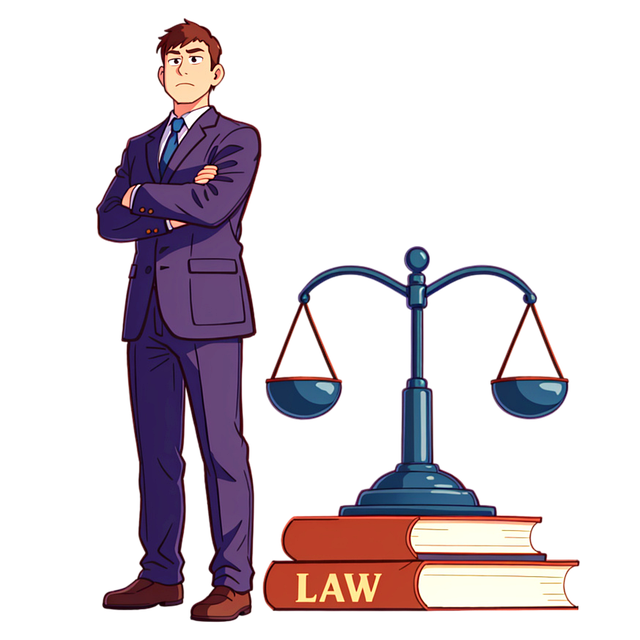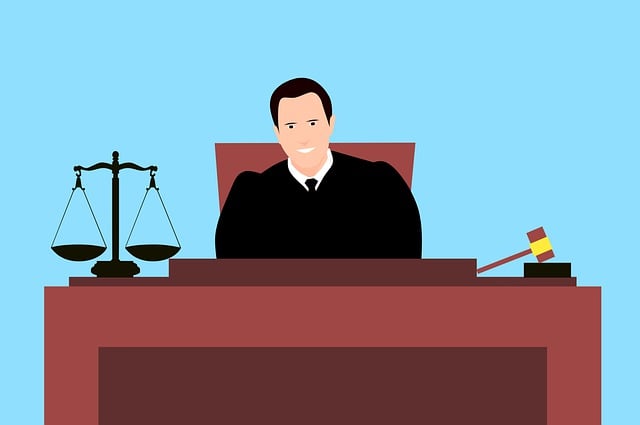Regulatory compliance is vital in criminal law, with understanding the 'burden of proof' beyond reasonable doubt crucial for both prosecutors and defense attorneys. Non-compliance can lead to charges; successful defenses require strategic arguments, evidence challenges, and demonstrating regulatory adherence. In white-collar crimes, charge dismissal may result from minimal harm or procedural flaws. Businesses must navigate complex regulations to avoid fines, reputational damage, and preserve public trust, focusing on the key aspect: Understanding Burden of Proof in Criminal Cases.
Regulatory compliance issues play a pivotal role in criminal law, shaping the outcome of cases and safeguarding individual rights. This article delves into the intricate world of regulatory compliance, focusing on criminal law’s unique challenges. We explore key aspects such as defining these issues, understanding the burden of proof, evidence collection, and strategic defenses. Furthermore, we analyze the severe consequences of non-compliance, emphasizing the importance of navigating these complex regulations effectively, especially in criminal cases where the stakes are high. Understanding Burden of Proof in Criminal Cases is crucial for practitioners and students alike to grasp.
- Defining Regulatory Compliance Issues in Criminal Law
- Understanding Burden of Proof: Elements and Standards
- Evidence Collection and Admissibility in Court
- Strategies for Defense Against Compliance Allegations
- Impact and Consequences of Non-Compliance
Defining Regulatory Compliance Issues in Criminal Law

Regulatory compliance issues play a pivotal role in criminal law, where adherence to legal norms and rules is as critical as understanding the burden of proof. In criminal cases, establishing guilt or innocence hinges on meeting specific legal standards, ensuring fairness and justice. The ‘burden of proof’ concept is a cornerstone of this process, requiring prosecutors to present compelling evidence that convinces the jury beyond a reasonable doubt. This principle is especially significant in high-stakes cases where the consequences can be severe, including potential jail time or substantial fines.
Defining regulatory compliance issues within this context involves scrutinizing actions and intentions against established legal frameworks. Whether it’s financial institutions navigating anti-money laundering regulations or healthcare providers adhering to patient privacy laws, non-compliance can lead to criminal charges. In jury trials, the onus is on both sides to present their cases effectively, with regulators ensuring that evidence meets the required standards and defendants mounting a robust defense. A complete dismissal of all charges results from successfully navigating these regulatory compliance issues, underscoring the importance of staying informed and compliant in legal and regulated environments.
Understanding Burden of Proof: Elements and Standards

In criminal cases, understanding the burden of proof is pivotal for both prosecutors and general criminal defense attorneys. The standard of proof required to convict an accused person is beyond a reasonable doubt, implying that jurors must be convinced to a moral certainty that the defendant committed the crime. This high threshold ensures fairness in jury trials, protecting corporate and individual clients from baseless accusations.
The burden of proof encompasses several elements, including the presentation of facts, examining evidence, and providing legal arguments. Prosecutors must demonstrate each element of the charged offense, while defense attorneys counter by presenting mitigating factors and challenging the prosecution’s case. This dynamic ensures a robust legal process, where corporate and individual clients can receive a fair hearing, emphasizing the importance of thorough preparation and strategic argumentation in criminal defense.
Evidence Collection and Admissibility in Court

In criminal cases, evidence collection and admissibility play a pivotal role in ensuring justice. Understanding the burden of proof is essential to navigate this process effectively. The prosecution bears the primary responsibility to present compelling evidence that goes beyond reasonable doubt, proving each element of the crime charged. This requires a meticulous approach to gathering, preserving, and presenting relevant and reliable information. Legal professionals must adhere to strict protocols to maintain the integrity of the evidence, ensuring its admissibility in court.
The process involves careful documentation, chain-of-custody management, and adherence to legal standards. By employing sound evidentiary practices, lawyers can protect their client’s rights and avoid potential pitfalls that might lead to an indictment. Moreover, a thorough understanding of the burden of proof encourages a more robust examination of evidence, fostering a just and fair judicial system that benefits both the accused and the philanthropic and political communities by achieving extraordinary results while upholding the principles of integrity and fairness.
Strategies for Defense Against Compliance Allegations

When facing compliance allegations, especially in the context of white-collar and economic crimes, a robust strategic defense is paramount. The first step involves a meticulous review of all evidence to identify any procedural inaccuracies or gaps in the prosecution’s case. Understanding the burden of proof in criminal cases is crucial; the onus is on the accuser to prove guilt beyond a reasonable doubt. This provides a defense strategy framework where legal teams can challenge evidence, question witness testimonies, and highlight procedural errors.
A comprehensive general criminal defense approach includes building a robust alibi, examining the integrity of data, and presenting alternative explanations for suspected illicit activities. Additionally, demonstrating compliance with relevant regulations at the time of the alleged offense can lead to a complete dismissal of all charges. This proactive strategy not only addresses the immediate allegations but also sends a strong signal that such misconduct will not be tolerated in future business practices.
Impact and Consequences of Non-Compliance

The impact and consequences of non-compliance with regulations can be severe, especially in legal contexts. In criminal cases, understanding the burden of proof is paramount. The prosecution must provide compelling evidence to establish guilt beyond a reasonable doubt. Non-compliance with regulatory requirements can lead to a complete dismissal of all charges if the defense can demonstrate that the alleged violations did not significantly harm the affected parties or society at large. This underscores the importance of ensuring strict adherence to regulations, as non-compliance may result in substantial legal repercussions, including hefty fines and reputational damage.
For businesses operating within various sectors, navigating regulatory compliance issues is a complex task. Failure to meet these standards can have far-reaching implications, affecting not just the respective business but also the philanthropic and political communities that rely on transparent and ethical practices. Thus, organizations must invest resources in understanding and adhering to relevant laws and regulations to avoid costly mistakes and maintain public trust.
In navigating the complex landscape of regulatory compliance issues, particularly within criminal law, understanding the intricate web of rules surrounding evidence collection, burden of proof, and admissibility is paramount. By grasping these concepts, legal professionals can craft robust defenses against allegations, ensuring fairness and justice for all parties involved. Moreover, recognizing the severe consequences of non-compliance—from damage to reputation to potential financial penalties—serves as a powerful motivator for adhering to regulatory standards. Ultimately, staying informed and proactive in this domain is key to fostering integrity within the criminal justice system, ensuring that every case is decided based on sound legal principles and robust evidence.






